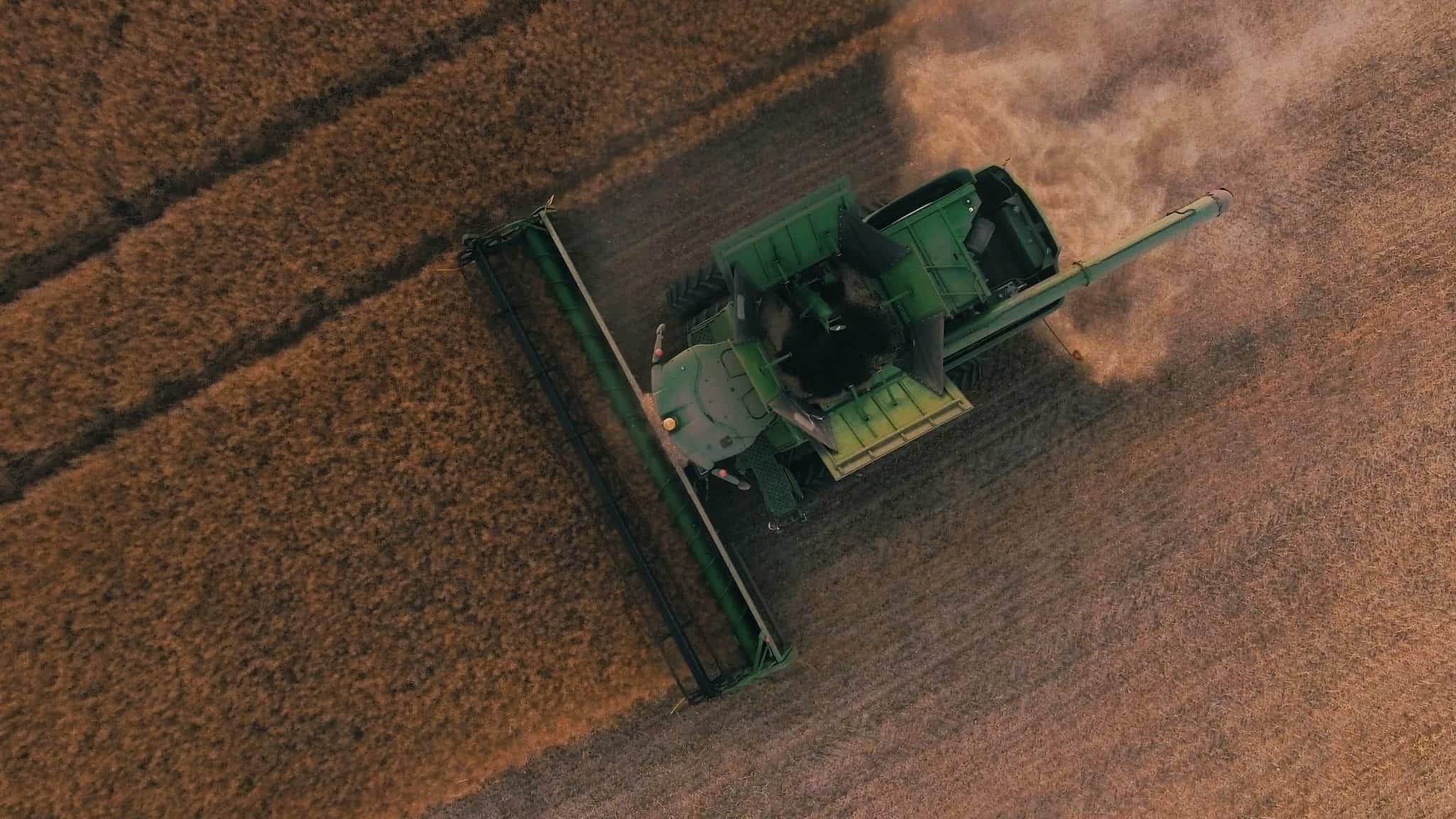Mackenzie Bouverat is a student at Harvard Law School.
Colorado, Mississippi, Minnesota, Montana and Tennessee are poised to join Georgia, Oklahoma, Alaska and South Carolina in easing coronavirus-related restrictions on commercial activity. Colorado is permitting hair salons, barbershops and tattoo parlors to open next Friday (but Denver county has extended stay-at-home orders until May 8.) Dine-in services are permitted to resume in Tennessee this Monday. Oklahoma opens spas, pet groomers, salons and barbershops this Friday. Missouri will open the “majority” of its businesses on May 4. These re-openings contradict the advice of public health experts and the polled preferences of the majority of Americans.
As meat processing plants close across North America, the U.S. Centers for Disease Control and Prevention and the Department of Labor have issued joint guidelines for meat processing facilities. The new regulations direct meat processing employers to maintain six feet of distance between employees, and to screen employees for coronavirus symptoms at the beginning of each shift. But for many employees, these measures come too late: over 5,000 meatpacking workers have already contracted the coronavirus; 13 have died. A Missouri-based workers rights nonprofit, the Rural Community Workers Alliance, is suing Smithfield Foods for breaching its duty to provide its workers with a reasonably safe workplace conditions. The single plaintiff-employee of Smithfield in the case has elected to remain anonymous, “because her years of experience working for Smithfield suggest to her that Smithfield is likely to retaliate against her for speaking out against the company.” The lawsuit aims to secure adequate personal protective equipment and the company’s commitment to refraining from disciplinary action when workers take sick days.
On Friday, President Trump announced the Coronavirus Food Assistance Program, a $19 billion relief program for the agriculture sector. The bill distributes $16 billion in direct payments to farmers and ranchers and mass purchases $3 billion of dairy, meat and produce to distribute through food banks. This step follows the reduction of restrictions on farmers hiring H2-A migrant workers–including lowering minimum wages–and the relaxation of water use restrictions for California growers. Despite these measures, the Wall Street Journal reports that farmers have been ‘forced’ to destroy their crops, citing a lack of demand.
After 840 sailors on the USS Theodore Roosevelt tested positive for coronavirus, the US Navy has recommended the reinstatement of the ship’s captain, Brett Crozier. Crozier was relieved of his command by acting Secretary of the Navy Thomas Modly after distributing a letter criticizing the Navy’s response to the ship’s outbreak. Defense Secretary Mark Esper intends to meet with Navy leadership before the Pentagon issues a final decision.






Daily News & Commentary
Start your day with our roundup of the latest labor developments. See all
July 9
In Today’s News and Commentary, the Supreme Court green-lights mass firings of federal workers, the Agricultural Secretary suggests Medicaid recipients can replace deported farm workers, and DHS ends Temporary Protected Status for Hondurans and Nicaraguans. In an 8-1 emergency docket decision released yesterday afternoon, the Supreme Court lifted an injunction by U.S. District Judge Susan […]
July 8
In today’s news and commentary, Apple wins at the Fifth Circuit against the NLRB, Florida enacts a noncompete-friendly law, and complications with the No Tax on Tips in the Big Beautiful Bill. Apple won an appeal overturning a National Labor Relations Board (NLRB) decision that the company violated labor law by coercively questioning an employee […]
July 7
LA economy deals with fallout from ICE raids; a new appeal challenges the NCAA antitrust settlement; and the EPA places dissenting employees on leave.
July 6
Municipal workers in Philadelphia continue to strike; Zohran Mamdani collects union endorsements; UFCW grocery workers in California and Colorado reach tentative agreements.
July 4
The DOL scraps a Biden-era proposed rule to end subminimum wages for disabled workers; millions will lose access to Medicaid and SNAP due to new proof of work requirements; and states step up in the noncompete policy space.
July 3
California compromises with unions on housing; 11th Circuit rules against transgender teacher; Harvard removes hundreds from grad student union.